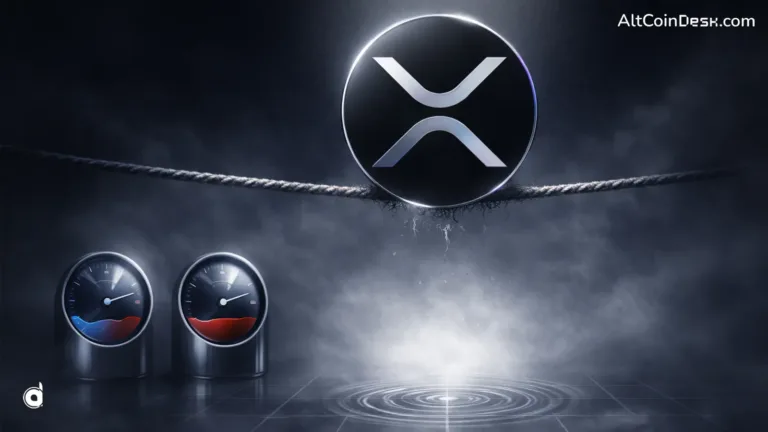We have seen several Exchange-Traded Funds (ETFs) offering exposure to major cryptocurrencies like Bitcoin (BTC) and Ethereum (ETH), and more coins are continuing to enter the ETF space. What if a memecoin makes its way for an ETF?
The US ETF, one of the world’s major ETFs, is gearing up to welcome an ETF tied to memecoin — the Dogecoin ETF — under the ticker DOJE. According to a leading media firm, the Dogecoin ETF is expected to launch on Thursday under the Rex-Osprey joint venture.
Rex Shares is an ETF issuer, and Osprey Funds is an asset manager known for specializing in crypto-related activities.
Now, here is the question that several analysts and common crypto traders ask: Are memecoins a good asset to consider as an ETF? Do they have utility like other cryptocurrencies, such as Bitcoin and Ethereum?
DOGE ETF, the first-ever US ETF billed as ‘no utility’
Memecoins are generally considered to lack utility because they are born out of jokes, memes, or fun. In crypto, beyond speculation, a coin should have a practical use case to be billed as a utility. For instance, users can pay for gas fees on Ethereum using ETH, and BNB gives discounts to users for Binance exchange fees.
But utility can evolve
However, utility can go far beyond the use cases on a coin’s native blockchain. If a coin can be used to pay for groceries, there lies another form of utility. Dogecoins, although created as a joke and have no strong DeFi ecosystem, it is accepted for payments by Tesla, Shopify, Binance Pay, and more.
In short, despite being born with a ‘no utility’ label, memecoins like Dogecoin can gain limited use cases over time.
DOJE to launch under the 40 Act
The Dogecoin ETF, DOJE, is launching under the 40 Act of the US without waiting for complete approval from the Securities and Exchange Commission (SEC).
The Investment Company Act of 1940, referred to as the 40 Act, is a US securities law that allows ETFs to launch more quickly, with stricter market limits.
Meanwhile, the Securities Act of 1933, often known as, 33 Act, is another securities law that permits ETFs for broader distribution and marketing, but requires full SEC approval.
Worth noting, several crypto ETFs are still waiting for approval under the 33 Act.
Dogecoin experiences a contextual price hike
Backed by the news on the anticipated launch of the DOGE ETF, the price of Dogecoins slightly climbed. However, it is slightly down in the past 24 hours, trading at $0.2405 at press time. If the DOGE ETF successfully launches tomorrow, the price is expected to climb further.
From cultural and speculative appeal to ETFs, memecoin ETFs cannot promise a lot of value compared to Bitcoin and Ethereum. Several investors are reportedly looking for ‘triple-digit returns’ from memecoin ETFs, according to Nasdaq. As a coin that hypes when news unfolds on it or when an influential figure like Elon Musk comments, the Dogecoin ETF or DOJE can show price hikes; however, its entry into the ETF is debatable.





